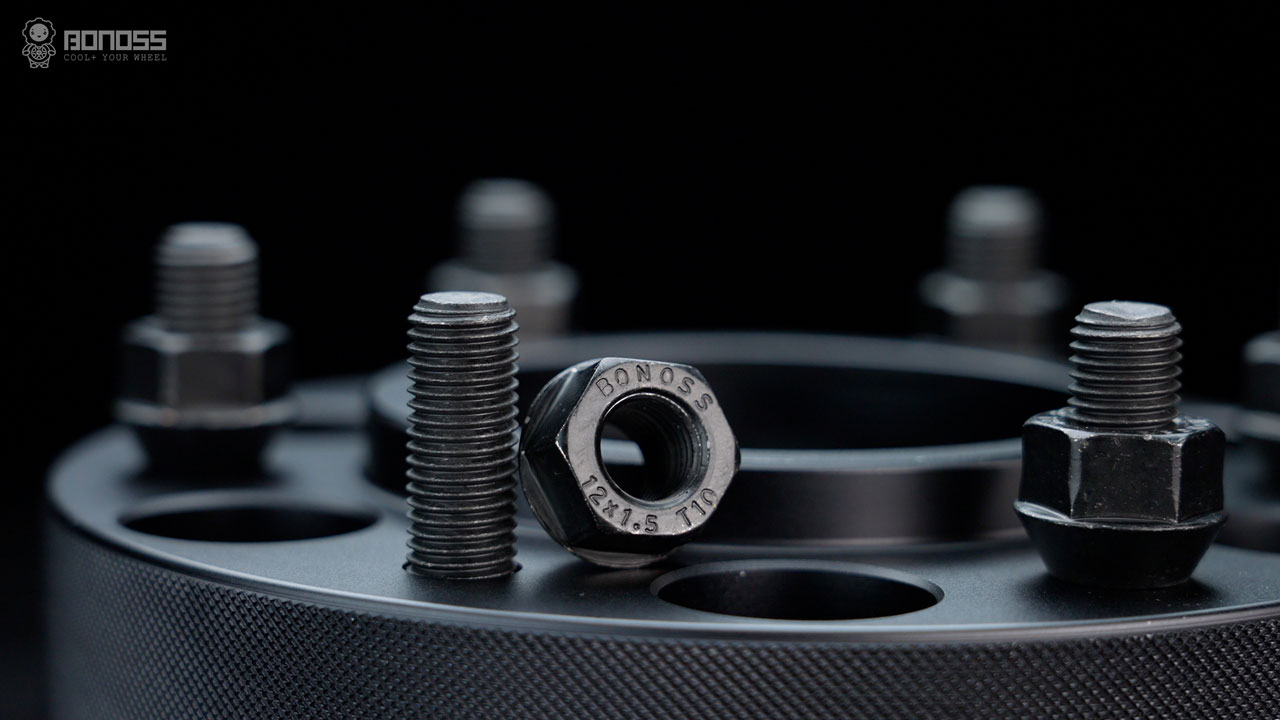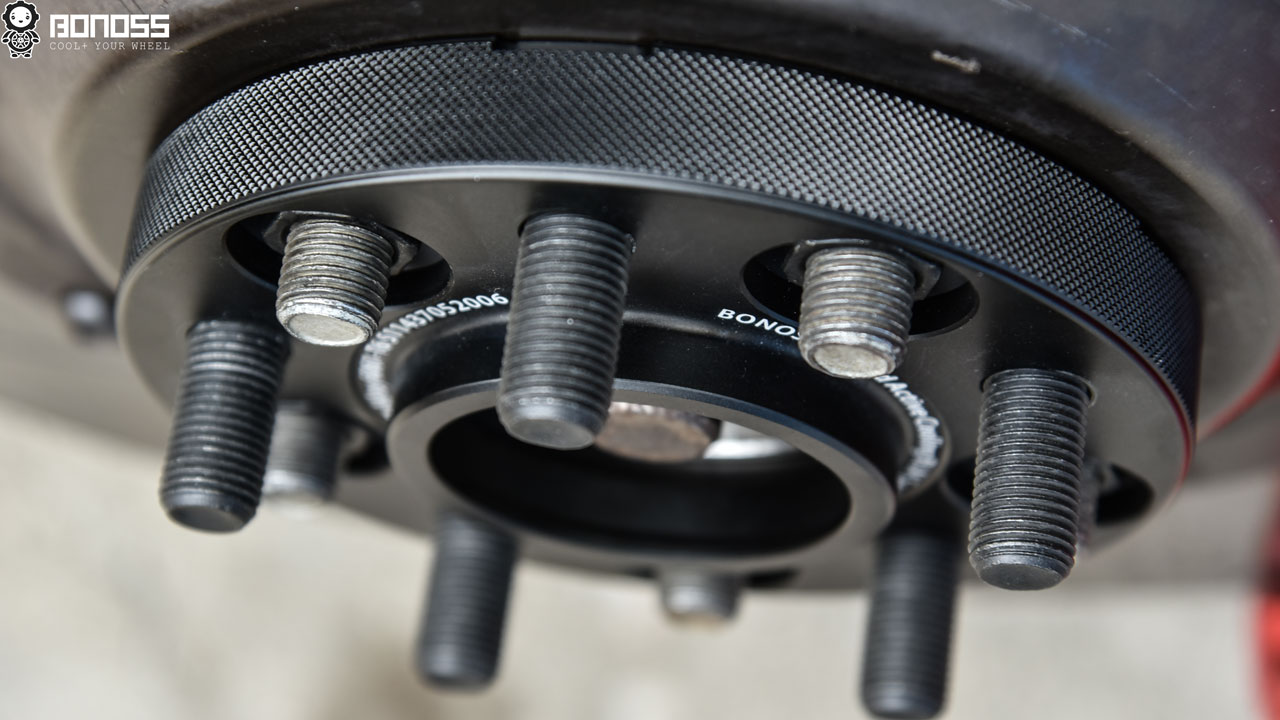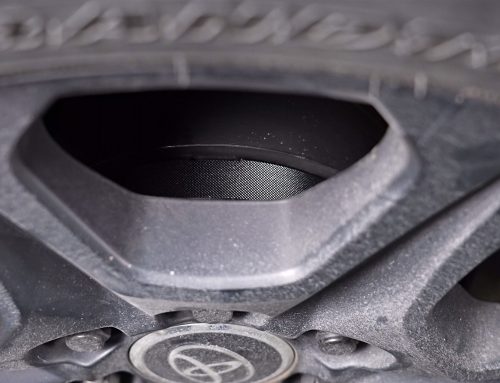
It always makes people nervous when the wheel studs break off during driving. What could have caused that to happen? Here we go through the reasons why your wheel studs fail and the ways to avoid that problem.
Usually, wheel system failures are primarily caused by the improper installation of a wheel. In layman’s terms, if you have a loose wheel on your car, the wheel studs are likely to break off while driving. Over-torquing or under-torquing the lug nuts will also cause the wheel studs to break and the wheel and tire to separate from the vehicle overtimes. The problem probably originated when you last had changed the whole wheels. Regardless, you shouldn’t drive your car until you get the problem fixed, even if your wheel is still attached to your vehicle.
How to Prevent Wheel Studs from Breaking?
The wheel studs are among the most important parts which secure the wheels. Since the wheels are the only part of a car that actually contacts the ground, you have to ensure that they are working well at all times. Worried that something like this might happen again? Fortunately, there are some ways that may help. Apart from a wrong installation, wear or corrosion is another factor that causes the wheel studs failure.
Due to wear and tear, a wheel stud can be changed out overtimes. At this point, regularly inspecting the lug nuts and studs is essentially important. Getting a broken wheel stud replaced will typically cost not much and is a relatively quick fix. In addition, replacing wheel studs with higher-strength ones is also a good way to prevent wheel studs from breaking. Some aftermarket wheel studs will enhance safety, performance, and style.

How to Properly Tighten Your Wheel Studs?
To correctly torqued the wheel studs, let’s focus on the lug nuts. These lug nuts are designed to fasten your wheels with a clamping force. When torqued to the manufacturer-specified spec, they will make a strong mechanical connection to the threads on the vehicle hub. When tightening the lug nuts, it is important to ensure a proper “tight”. Over tightening causes stress fractures, which make the lug nuts stretch the stud, leading to failure around the rotor. Under tightening the lug nuts, the clamping force will be not enough to secure the wheels. Even if there is only one wheel nut that is under-torqued, it can continue to loosen itself through the vibrations while driving at high speed.
The general rule for an M12 lug nut torque is usually around 113NM(83.3ft/lb), and for an M14 lug nut, it is around 140NM(103.5ft/lb). These are reference values only, you still need to check on the manufacturer’s specifications. As long as you’ve done properly, the possibility of your stud breaking will be very low.





